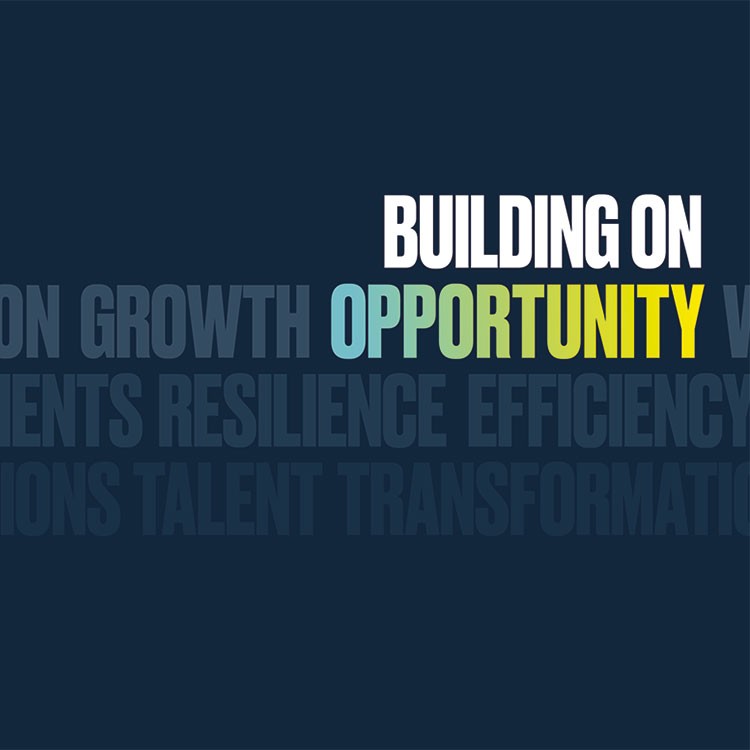White papers, opinions and policy pieces
Proprietary data-driven research and surveys
Macro and markets commentary, investing strategy
Views from around our industry with the latest insights on trading, collateral, funding and liquidity
What Repos Can Do for Africa’s Debt Problem
May 19, 2022
A foundational element of modern markets, famous for facilitating trading in government bonds, is about to be deployed in support of Africa’s historically illiquid debt markets.
Repurchase agreements or “repos” are coming to the continent in the form of a special mechanism that will allow holders of African bonds to exchange those securities for cash.
The theory is that, over time, international investors will become more attracted to the bonds once it is possible to get temporary loans against them. Some market participants even believe such a facility could help reduce what African nations pay to service their debts and enable them to borrow more in the long run.
“It’s another tool in the toolbox,” said Brian Ruane, CEO of BNY Mellon’s Clearance & Collateral Management unit, at the United Nations’ Conference of African Ministers of Finance, Planning and Economic Development on Sunday in Dakar. “Repos facilitate a liquid and orderly market in sovereign bonds and have been well tested.”
The benefits are clear for Africa, but they extend beyond the region to global markets that are always in need of new forms of collateral and tools to diversify investment portfolios. As a leading collateral manager and clearing agent, BNY Mellon can connect clients to pools of available collateral around the world, bringing more liquidity to those securities. The bank will act as an agent between buyers and sellers, helping to ensure that lenders deliver the cash and borrowers deliver the bonds as security on time and in the manner agreed. Without a third party in between those parties, one-off transactions would be less likely, and any default could have more adverse repercussions.
“[Repos] allow banks to borrow against the bonds if they need to; a predetermined way to liquidate them if there is a counterparty issue; and over time make a bond more valuable,” Ruane added, in response to questions from Dr. Vera Songwe, UN Under-Secretary-General of the Economic Commission for Africa (ECA).
The need for such a mechanism could hardly be more urgent. Poverty across Africa was raging even before the COVID-19 pandemic and now those countries are struggling even more. Ghana Finance Minister, Ken Ofori-Atta, compared the bond yields of Greece to those of Africa, where debt service payments have increased by 23% in 2020, according to the ECA.
When the new “Liquidity and Sustainability Facility” (LSF) goes live in July, the likely users are expected to be existing holders of African bonds. Among these are large institutional asset managers like Amundi and PIMCO, as well as Africa’s Export-Import Bank, Afreximbank. Those firms have already been invited to join the facility.
That should create more standardized contract terms for the repo arrangements, an important step for encouraging more trading and liquidity in the bonds. As usage of the mechanism expands, it could also underpin issuance of green bonds out of African nations, meeting so-called environmental, social and governance (ESG) frameworks, further deepening interest from international investors in the debt.
“The first benefit is the terms under which the financing happens are more predictable, which may lead to finer spreads. That starts to create confidence,” said Ruane.
BNY Mellon will hold onto the bonds for investors in legally separate accounts, a process known as custody, and value them each day so that each side knows what they are owed. The bank already services approximately $5 trillion in daily financing trades, or roughly a quarter of the world’s repo markets, and is sole settlement agent for U.S. Treasury bonds. It has used variations of the repo infrastructure in other markets ranging from Korea to China, and in Africa what makes this possible is the fact that the bonds are settled internationally as “Eurobonds.”



